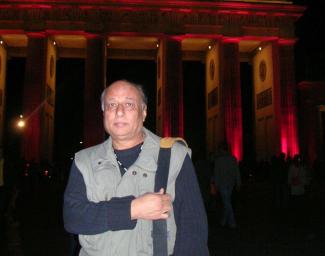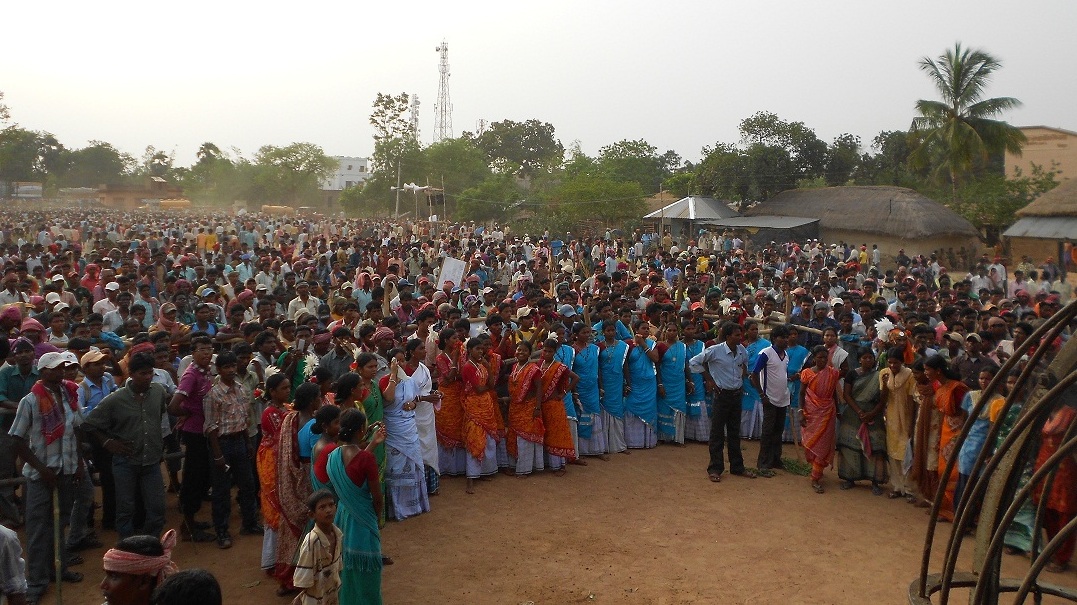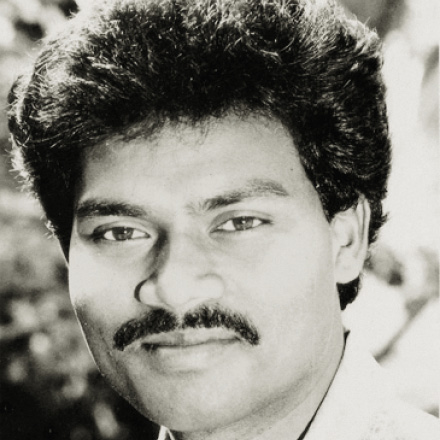Summer Special
Robbed identity

India has many fiction writers of international fame, Salman Rushdie, Amitav Ghosh, Jhumpa Lahiri, Chitra Bannerjee Divakaruni and Shashi Tharoor, for example. They all write in English and tend to tell stories from the perspective of middle-class people with good educations.
Prakash, in contrast, uses Hindi. He is interested in the social environments that trap poor people, keeping them marginalised and exploited. He writes about deeply entrenched power structures, and how masses of people are denied opportunities.
One of his best-known novellas is “Mohandas”. It tells the story of a young man in a rural district of central India. He manages to graduate from college with excellent grades. His low-caste family thinks he will now find a job and they will all escape the misery they live in. That dream turns out to be an illusion.
Mohandas applies for many jobs, is invited to interviews, but somehow never gets employed. A local mining company promises to hire him, and the manager tells him he will surely get the job, but the confirmation letter never arrives. The company does not even return the documents he handed in along with his application.
Mohandas and his wife have two little children. His mother is blind and his father is sick. His hopes of good employment dwindle slowly, but he keeps returning to the company head office, insisting that he must get his chance. Eventually, he finds out that someone has assumed his name and taken his job. He challenges the cheater several times, but his opponent belongs to an upper caste and is well-connected. Mohandas is denied more than the professional career that his academic achievement should entitle him to. He is denied his very identity.
Prakash has a home in Delhi and another one in the central Indian village he is originally from. His writing shows that he is familiar with the region where he has set the story. He first travelled to Europe when he had already written many stories. He has, nonetheless, been influenced by western literature. He says that Bertolt Brecht is one of his favourite authors.
His novella became the base of a Hindi screenplay of the same name, and the movie was released in 2009. Critics praised it. According to a review in the magazine Outlook, it chronicles “the misuse of power and blatant manipulation of a feeble administration and judiciary” and tells the story of “how those who inhabit the fringes are pushed further to the margins, physically and metaphorically”.
In 2010, Prakash was given the Sahitya Akademi Award for Mohandas. This award was established in 1965 and is meant to promote Indian literature in all of the nation’s official languages. Prakash did not keep the prize however. He returned it because the Sahitya Akademi did nothing in response to the murder of M. M. Kalburgi, who had won the award in 2006. Prakash says the institution fails to help to protect the authors its prize celebrates.
The sad truth is that Prakash is feeling increasingly uncomfortable in his home country. He resents the populist Hindu nationalism Prime Minister Narendra Modi is fostering. Indeed, for critically minded intellectuals, the climate is becoming increasingly hostile. It seems deeply ironic that Prakash now says he does not even feel comfortable using Hindi anymore. He argues that it is a Brahmanic language that inherently serves the interests of the upper castes.
Link
http://www.musicandliterature.org/features/2015/3/26/a-conversation-with-uday-prakash
Reference
German: Uday Prakash, 2013: Mohandas. Heidelberg: Draupadi.
English: Uday Prakash, 2012: The walls of Delhi (three stories, including Mohandas). Perth: University of Western Australia Press.











